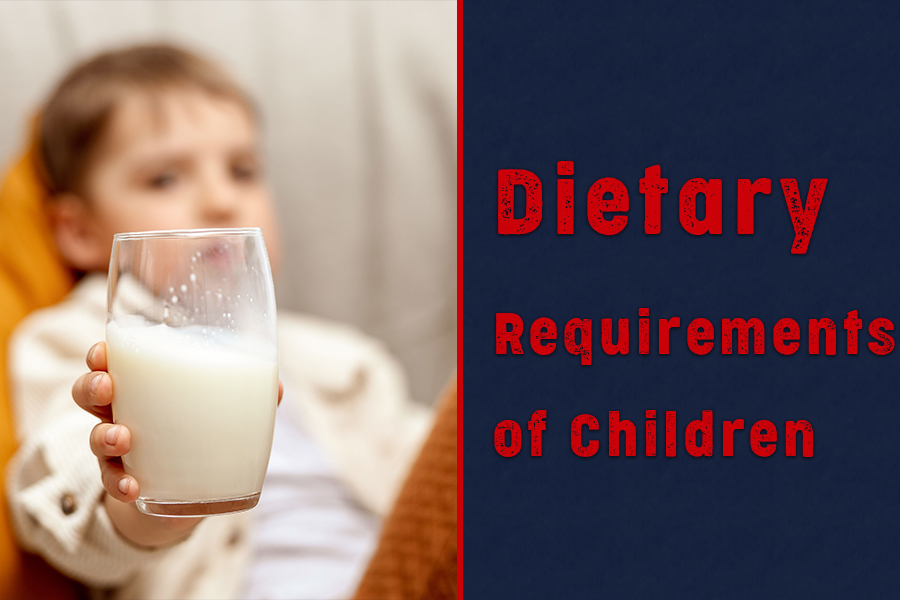Top Sources for Dietary Requirements of Children
Eating a healthy diet can help children grow and develop well. It also prevents malnutrition and reduces the risk of obesity, diabetes, and other health problems.
The dietary requirements of children depend on their age, sex, and activity level. Generally, they need about 1,500 to 2,000 kilocalories a day for growth and development.
Proteins
Protein-rich foods are an essential part of a well-balanced diet for children. They help to support growth and development, as well as provide energy.
To get enough protein, eat a wide variety of foods. Some of the best protein sources for kids include lean meat, eggs, fish, beans, pulses, and nuts.
The current DRIs for protein do not take physical activity into consideration, but there is some evidence that active children grow more than inactive ones. This may be because of greater muscle mass, which requires more protein to maintain and build.
Vegetables
Vegetables are low in calories and high in nutrients like vitamins, minerals, and phytochemicals. They help kids stay healthy, ward off infections, and boost brain function.
Veggies are also high in fiber, which helps children have regular bowel movements. Fiber is also important for guarding against type-2 diabetes.
Keep your child's dietary intake of vegetables diverse. A variety of colors, shapes, and textures will increase their interest in eating these healthy foods.
Fruits
Fruits provide a wide range of essential vitamins and minerals for children. They also help children avoid obesity and other chronic health conditions.
Keeping fruit and vegetables accessible is a good way to encourage kids to eat their recommended servings each day. Try introducing a new vegetable or fruit every week or month. They can also prevent and treat common childhood diseases such as indigestion and constipation.
Dairy
Dairy products are a source of many essential nutrients for children, including calcium and vitamin D. They also provide protein and iodine.
However, dairy foods can be high in calories, sodium, and saturated fat. This is why the Australian Guide to Healthy Eating recommends choosing low-fat or reduced-fat options whenever possible.
The dietary guidelines advise that boys and girls ages 4 to 8 should consume 2.5 cups of dairy products per day, and children ages 9 to 18 should consume three cups. For older children and adolescents, the amount of dairy should be increased to ensure that they get enough calcium to help keep their bones strong.
Oils
Oils are an important part of a healthy diet, providing the essential fatty acids children need to grow and develop. They come from both animal sources and plant-based foods.
The American Heart Association recommends that kids gain 25 to 35 percent of their calories from fats. These can include healthy oils like extra virgin olive, canola, corn, and peanut oil, as well as nuts and seeds.
Before using Essential Oils with kids, it is best to dilute the oils in a carrier oil first. Use a safe dilution ratio of 0.5-2.5%, depending on the age/weight of the child.
Meat
Meat is a food source that is high in protein, iron, zinc, and vitamin B12. It also contains fats, which are important for growth and development.
However, there are some people who choose not to eat meat or any other animal products for reasons such as taste preferences, ethical issues, environmental concerns, or health concerns.
Children can still get all the nutrients they need without eating meat, but it is recommended that they do so from a variety of sources. They should have a healthy, balanced diet that includes whole grains, fruit and vegetables, dairy, low-fat foods, and healthy oils.
Overall, there are various sources through which the dietary requirements of children can be met. But, it is important that we focus on a well-balanced diet for their faster growth.
.jpg)





Comments
Post a Comment